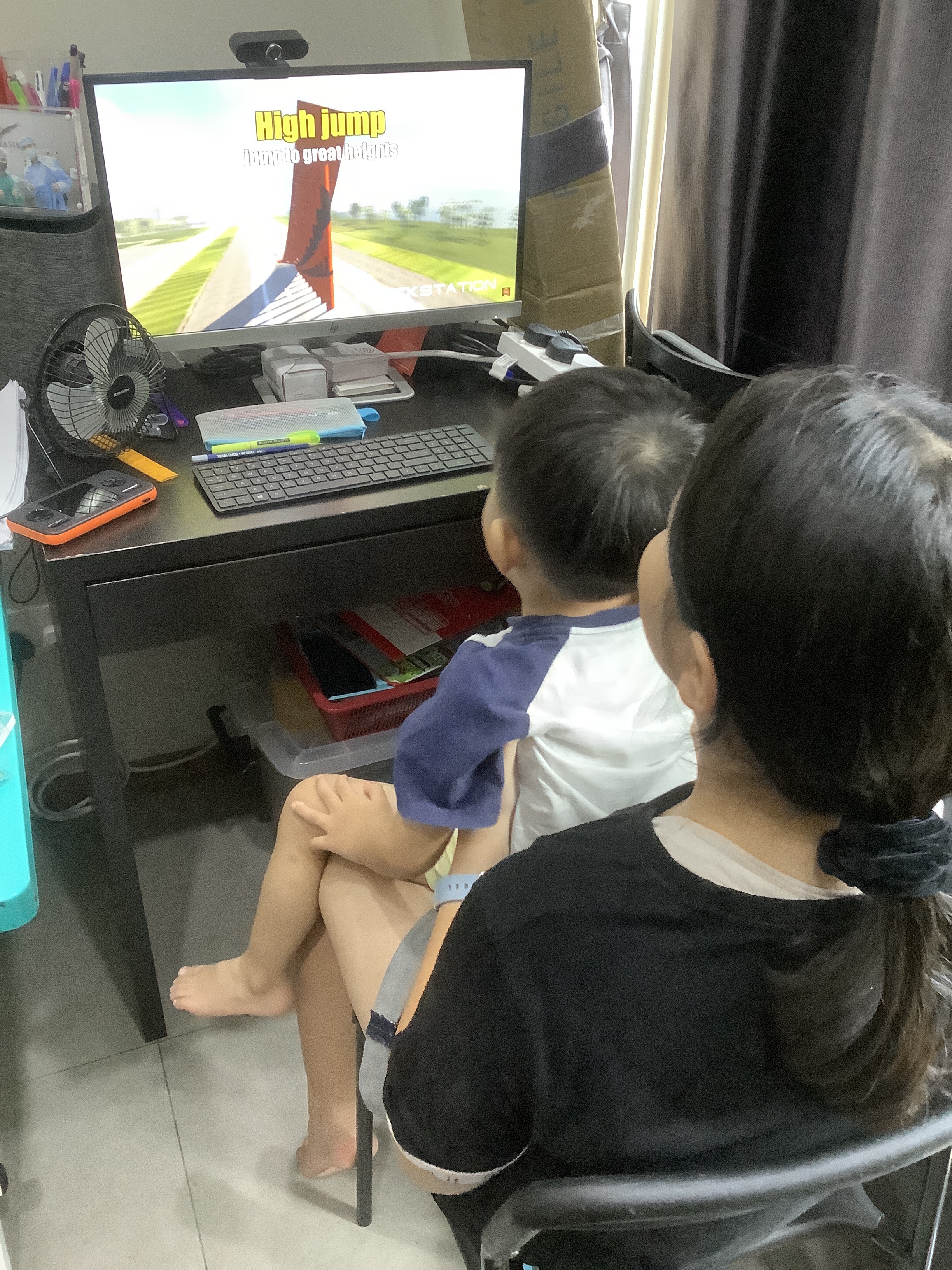
Be PATIENT! Let Your Children Answer For Themselves
When having a conversation with their children, parents often do not give enough time for children to think and respond. This teaches the children that not only do their opinions not matter, but that an adult will always speak on their behalf.
A better way would just be patient and wait. Let the children answer for themselves. The process may take a little more time at the beginning, but once the children learn that their answers are being heard, they will be more comfortable and confident when responding to questions. Also, gifted children may take a little more time to answer questions because they are thinking beyond the topic at hand. So give them the time and room to consider their response.
Understanding Your Children’s Strengths and Areas of Improvement
Every child is different, and even siblings can differ greatly in personality and abilities. Techniques other parents find effective in helping their children may be counterproductive with yours. Instead, engage your children in conversations to better understand their interests and the way they think and react to external stimuli.
To truly understand your children and learn specific methods to develop their potential, we offer both virtual and on-site consultations to help you and your children recognise their strengths and areas for improvement.
Creating The Right Environment At Home
Children can easily be bored when they are not properly engaged. This is especially true for creative and talented children who need avenues to challenge and stretch themselves. Some of these children may be misunderstood to be hyper-active or disruptive kids.
However, with the right guidance, parents can help their children fully develop their gifts and talents by using different strategies to properly engage their children and create a safe learning environment at home. Understanding your children’s interests and talents, creating a dedicated space for them to explore and learn are some small steps that can make a huge difference.
While the above tips are applicable to most children, each child’s needs are unique based on specific personality traits and capabilities. With over a decade of teaching children internationally, our academic director can advise you of specific strategies to meet the needs of your children.